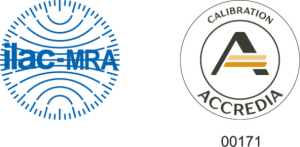How often should I calibrate my instruments?
There is no legally defined time frame. In fact, the ideal timeframe depends on many factors: the use of the equipment, its method of storage, the internal processes within each company that determine maintenance, and the timeframes dictated by procedures linked to quality systems, such as ISO 9001. It is generally good practice to calibrate instruments annually.






